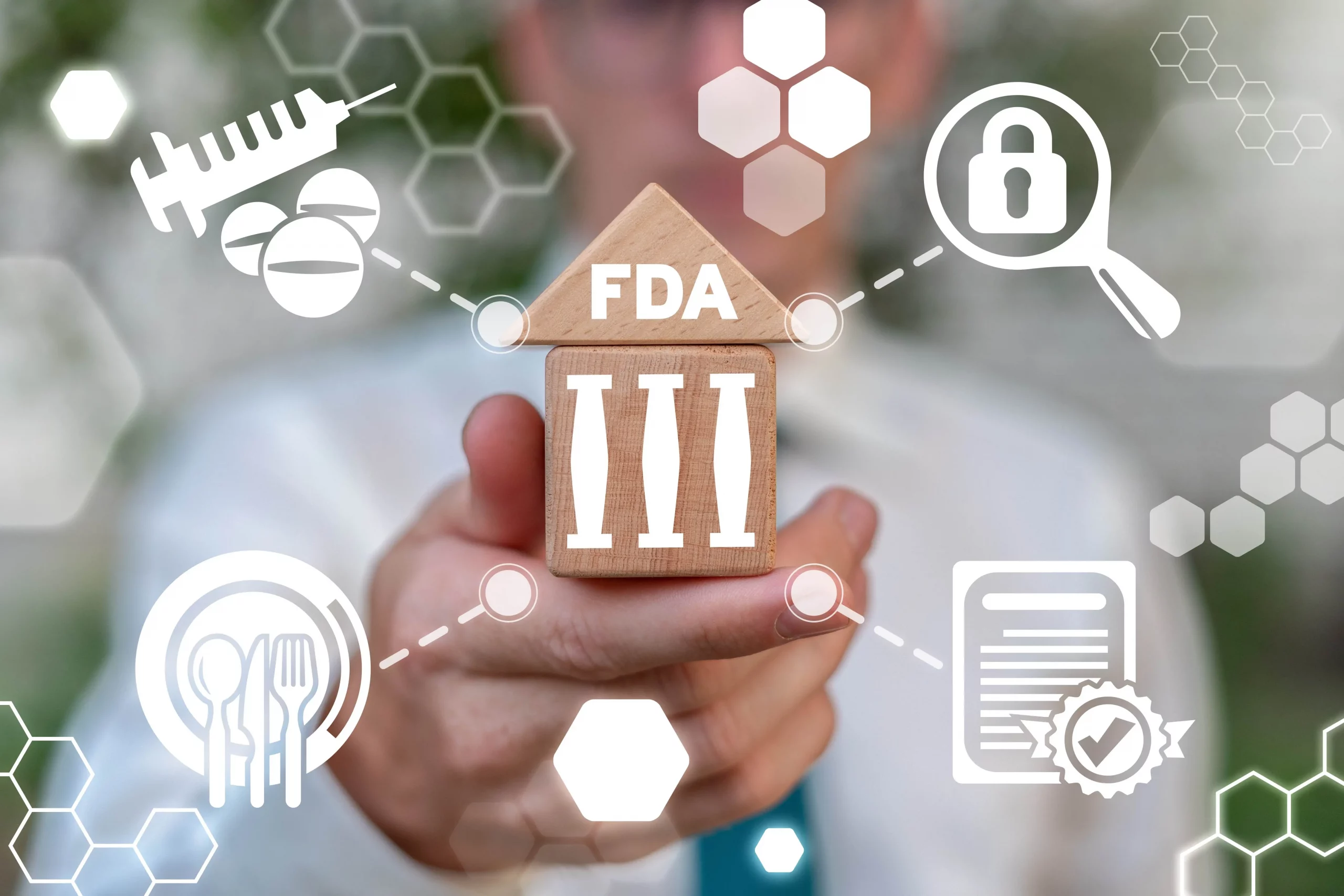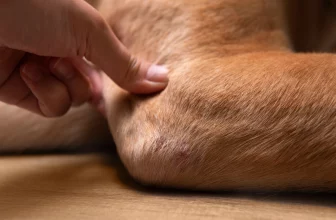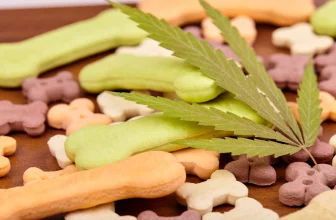
CBD has been steadily gaining in popularity, but before diving into the CBD world, it’s important to understand the CBD FDA regulations. Knowing these regulations will help you make informed decisions about what products are suitable for you. Let’s look at the basics of CBD FDA regulations.
The Basics of FDA CBD Regulations
The Food and Drug Administration (FDA) regulates all foods, drugs, cosmetics, medical devices, and dietary supplements sold in the United States. This includes CBD products as well.
In 2018, Congress passed The Agriculture Improvement Act of 2018, which made hemp-derived products legal on a federal level. However, this law didn’t change the FDA’s authority to regulate these products. They still have to go through the same rigorous review process as any other product would before being approved by the agency.
What Kind of CBD Is Approved By the FDA?
The FDA has approved three drugs containing CBD or THC:
- Epidiolex
- Marinol
- Sativex
These drugs are only available by prescription and are used to treat refractory epilepsy, anorexia associated with AIDS, and spasticity from multiple sclerosis. Yes, these are very specific conditions, which is why you might have heard about these FDA footnotes.
There is a growing body of scientific evidence that suggests CBD may have therapeutic benefits for a variety of medical conditions. For example, it is effective in reducing seizures associated with tuberous sclerosis complex due to its ability to interact with specific receptors in the brain.
Currently, the FDA does not recognize CBD as a stand-alone medicine. But, specialists are evaluating its potential for therapeutic use in treating rare forms of epilepsy such as Dravet Syndrome.
Epidiolex
Epidiolex is a seizure medication that treats two rare forms of epilepsy called Dravet Syndrome and Lennox-Gastaut syndrome. Epidiolex is a CBD-based drug approved by the FDA for certain types of epilepsy. It’s available in liquid form and is taken orally.
Epidiolex works by reducing seizures associated with Lennox-Gastaut syndrome and Dravet syndrome. It may also help reduce seizures due to tuberous sclerosis complex, a condition in which benign tumors grow on the brain and spinal cord.
Epidiolex works by reducing the activity of neurons in the brain that cause seizures. It acts on receptors in the brain known as CB1 and CB2, which regulate neurotransmitter release. By reducing these receptors’ activity, Epidiolex helps reduce the number of neurotransmitters released into the brain. This lowers excitation levels in the brain, which helps reduce seizure activity.
A note on neurotransmitters: Neurotransmitters are chemical messengers in the brain. They play a key role in communication between neurons and help to regulate many of the body’s processes, including mood, memory, sleep, and sensation. Neurotransmitters are released from our neurons when they become excited by electrical signals.
Once released, neurotransmitters travel across synapses (gaps) to bind with special receptors on nearby neurons, allowing electrical signals to be sent on. Different effects will be produced within the body depending on the type of neurotransmitter released. For example, serotonin is an important neurotransmitter that helps regulate mood and feelings of well-being.
Marinol
The prescription medication Marinol doesn’t contain CBD. Marinol is a synthetic form of delta-9-tetrahydrocannabinol (THC), the main ingredient in marijuana. It’s also known as dronabinol and is the primary psychoactive compound in cannabis.
It was approved by the FDA all the way back in 1985 to treat nausea and vomiting caused by chemotherapy and to stimulate appetite in patients with AIDS or other conditions that can cause anorexia.
Marinol is taken orally, usually in capsule form, and works within minutes after ingestion. Although it has been proven to treat nausea and stimulate appetite effectively, it has also been known to produce side effects such as anxiety or paranoia because of its psychoactive properties.
Sativex
Sativex is a prescription drug used to treat spasticity due to multiple sclerosis. It’s also licensed in over 20 countries as a treatment for pain associated with cancer.
The active ingredients in Sativex are THC and CBD — a 1:1 ratio, to be exact. THC and CBD work together to relieve spasticity, pain, and other symptoms. Muscles tightening in response to nerve signals cause spasticity pain. It can be a form of chronic pain and can cause various symptoms, such as muscle stiffness, spasms, and tightness in the limbs.
People with multiple sclerosis (MS) commonly experience spasticity pain due to damage to nerve pathways in the brain. It’s also common for people with other neurological conditions like spinal cord injury or stroke to experience chronic pain.
Treatment options vary depending on the severity of the symptoms, but Sativex helps many with pain management. The CBD in Sativex reduces the psychoactive effects of THC while still providing therapeutic benefits.
What Do CB1 and CB2 Receptors Do?
CBD binds to and activates CB1 and CB2 receptors, which are G-protein-coupled receptors located in the brain and throughout the body.
When CBD binds to these receptors, it induces a wide range of effects on the cells they’re found in, including neuronal inhibition of neurotransmitter release and decreased excitation, both of which have anti-seizure effects. In addition to its impact on CB1 and CB2 receptors, CBD also modulates other neural pathways involved in seizure generation or refractoriness.
Phew, that’s a big scientific mouthful. But it really means that CBD binds itself to these very important receptors in your brain and then tells your body to do stuff (or not to do stuff.)
Where Does the FDA Stand on CBD Right Now?
Currently, there is limited scientific evidence supporting the beneficial effects of CBD for other medical conditions, though research is ongoing. Of course, that doesn’t mean that CBD isn’t helping you or a loved one with pain, anxiety, insomnia, or a host of other problems. It just means that the FDA demands a lot of fact-based scientific evidence before giving it its stamp of approval.
This means that all other CBD products currently on the market have not been approved by the FDA and cannot be marketed or sold as treatments or cures for any diseases or ailments. But, as you’re probably well aware, many people report positive experiences using CBD for various health issues. Many manufacturers hope their products will eventually receive approval from the FDA after undergoing additional testing and review processes.
Why Do I See CBD Products Everywhere if They’re Not Approved By the FDA?
Stores can sell CBD products that comply with US FDA regulations as long as the product does not contain more than 0.3% THC, the primary psychoactive ingredient in marijuana. Also, stores can sell CBD products if they are legal under state laws for medical purposes with a doctor’s recommendation or for adult-use cannabis in states where it has been legalized.
It’s illegal to market products containing CBD as dietary supplements or unapproved new drugs. In some states, however, laws have been passed that make CBD legal for certain medical conditions with a doctor’s recommendation, which may override FDA regulations. This means that stores selling CBD products are permitted as long as they comply with state laws and follow FDA guidelines. These stores must also ensure that their products do not contain more than 0.3% THC.
Can I Sell Homemade CBD Products?
If you’re considering selling CBD products, it’s important to understand the FDA regulations and applicable state laws to remain compliant and minimize the risk of potential legal repercussions. (No selling your homemade CBD balm on Etsy or at the local farmer’s market until you check your state and local laws. Sorry!)
A note on selling homemade CBD products on Etsy: It’s possible to sell homemade CBD products on Etsy, but you must follow specific regulations. According to the terms of use for Etsy, all hemp-derived products must comply with US federal law and must not contain more than 0.3 percent THC in line with FDA regulations. Additionally, some states have laws regulating the sale of CBD products, so it’s important to research these before listing your products or shipping them across state lines. Any sellers who violate these regulations may face legal repercussions.
FDA CBD Regulations FAQs
Q: What are the FDA regulations surrounding CBD products?
A: The FDA regulates the sale of products containing CBD. Under FDA regulations, CBD products must not contain more than 0.3% THC. It’s illegal to market products containing CBD as dietary supplements or unapproved new drugs.
Q: Are there any exceptions to these regulations?
A: In some states, laws have been passed that make CBD legal for certain medical conditions with a doctor’s recommendation. This means that stores selling CBD products are permitted as long as they comply with state laws and follow FDA guidelines. However, all sellers must ensure that their products do not contain more than 0.3% THC.
Q: What do I need to do before selling hemp-derived ingredients?
A: Any product containing hemp-derived ingredients must be registered with the FDA and must comply with applicable US federal law before being sold to consumers. All sellers must understand and abide by these regulations when selling CBD products in order to remain compliant and avoid potential legal repercussions.
Q: Are there any safety concerns associated with CBD use?
A: While CBD is generally considered safe and well-tolerated, there are still potential risks associated with its use. This is especially true for people taking medications, as CBD can interact with certain drugs and potentially increase the risk of side effects. Consult a physician before using any product containing CBD to ensure safety.
While hemp-derived products are now federally legal, there are still strict regulations that manufacturers must adhere to if they wish to legally sell their products within the US market.
It’s up to you and other consumers to research these regulations so they can make informed decisions when buying CBD products, which is probably why you’re here, so go you! By understanding these rules and regulations, you can ensure that your CBD experience is safe and enjoyable.






